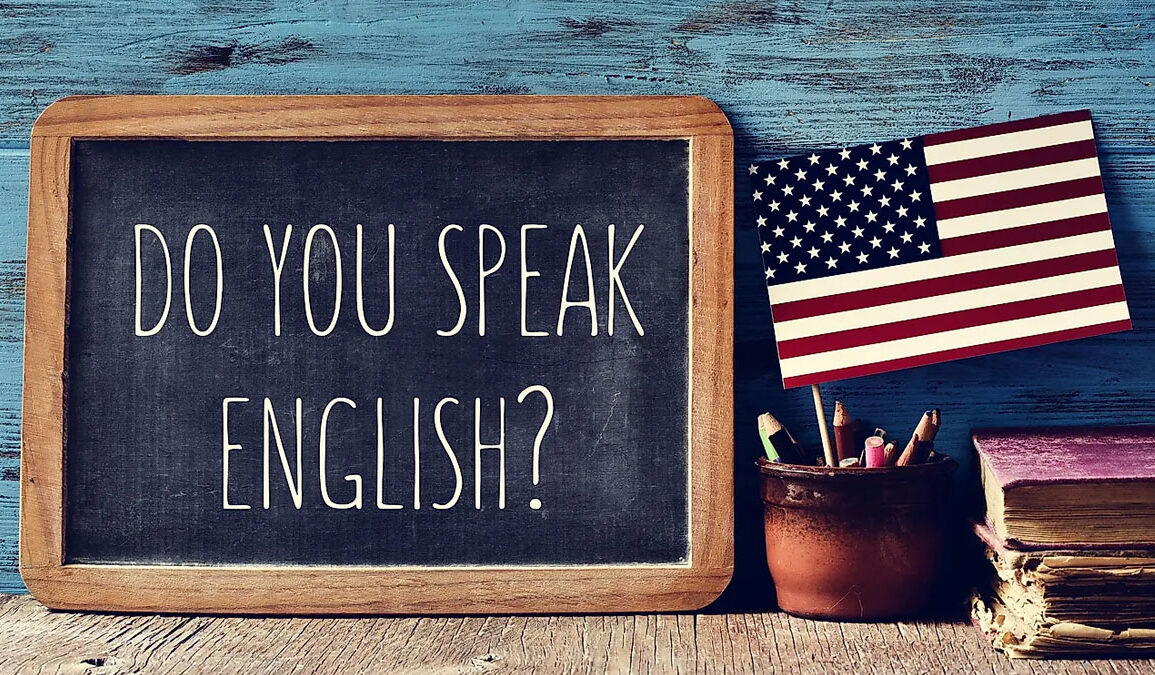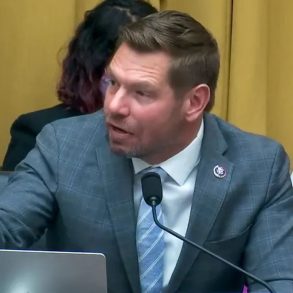A Landmark Decision in a Longstanding Debate
President Donald Trump has signed an executive order declaring English as the official language of the United States. This marks the first time in nearly 250 years that the federal government has designated a national language, reigniting a contentious debate over national identity, inclusivity, and practicality.
The executive order rescinds a policy established by former President Bill Clinton in 2000, which required federal agencies and organizations receiving government funding to provide language assistance to non-English speakers. However, the new order clarifies that agencies are not mandated to change or discontinue existing multilingual services, leaving such decisions to the discretion of agency heads.
Trump’s Rationale: Unifying a Nation Through Language
According to the executive order, establishing English as the official language is intended to foster national unity and efficiency. The order states that “a nationally designated language is at the core of a unified and cohesive society,” emphasizing that speaking a common language facilitates economic opportunities, civic participation, and social integration.
Trump has been vocal about his views on language and immigration. During his 2024 campaign, he framed non-English languages as a challenge to national cohesion, remarking, “It’s the craziest thing—they have languages that nobody in this country has ever heard of. It’s a very horrible thing.” This sentiment underscores his broader stance on restricting immigration and reinforcing traditional American values.
Supporters’ Perspective: A Step Toward Efficiency and Integration
Advocates of the decision argue that it will streamline government operations, reduce costs associated with multilingual services, and encourage assimilation among immigrants. They contend that English proficiency is key to achieving economic mobility and civic engagement.
“This policy reaffirms what has already been a historical reality—English has always been our national language,” said a Republican lawmaker who supported the measure. “It will help new Americans integrate into society and participate fully in our economy and democracy.”
Supporters also point out that the majority of U.S. states—over 30—have already designated English as their official language. They argue that making it a federal standard aligns the country with global norms, as approximately 180 nations worldwide have official languages.
Opposition: A Threat to Diversity and Accessibility
Critics warn that this decision could marginalize millions of Americans who speak languages other than English at home. The U.S. Census Bureau estimates that nearly 68 million residents communicate in a non-English language, including Spanish, Chinese dialects, Arabic, and over 160 Native American languages.
Opponents fear that, while agencies are not required to eliminate existing language services, the lack of federal protection may lead to a gradual erosion of accessibility. This could disproportionately impact immigrant communities, non-English-speaking elderly populations, and indigenous groups who rely on government resources.
Some civil rights advocates view the order as a veiled attempt to discourage immigration and reinforce cultural exclusion. “Declaring English as the official language won’t change the reality that the U.S. is a multilingual nation,” said a representative from a pro-immigration advocacy group. “It risks fostering discrimination against those who speak other languages and could limit access to essential government services.”
The declaration of English as the official language is likely to have widespread implications beyond government agencies. Businesses, schools, and public services may feel pressure to conform to an English-only standard. While the executive order does not mandate immediate changes, it may lead to new legal challenges, policy shifts, and debates over cultural identity in the coming years.
For now, the U.S. remains a deeply multilingual country, despite this historic designation. Whether this executive order strengthens national unity or sows division remains to be seen. What is certain, however, is that the debate over language and national identity in America is far from over.
NP Editor: This has wide ranging ramifications, but one that is overlooked is that extra nudge for immigrants to assimilate into America culture. You cannot do this unless you speak English. Having enclaves of non-English speaking peoples is not good for us.








